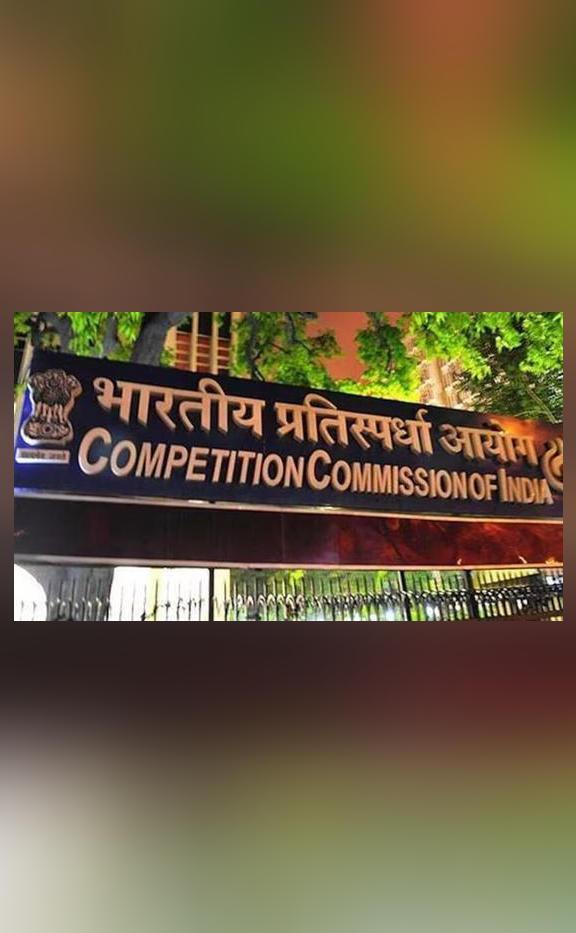
Delhi HC stays govt’s ₹10.35-crore GST notice sent to CCI
In a significant development, the Delhi High Court has ordered an interim stay on a Goods and Services Tax (GST) notice worth ₹10.35 crore sent by the Central GST department to the Competition Commission of India (CCI). The CCI had filed a petition in the court claiming that being a statutory body, it does not engage in commercial or business activities on which GST can be imposed.
The CCI, which is responsible for regulating and enforcing competition laws in the country, had received a GST notice from the Central GST department in September 2022. The notice demanded payment of ₹10.35 crore in GST dues, including interest and penalties, for the period from 2017 to 2022. The CCI had disputed the notice, citing that it was not liable to pay GST as it did not engage in any commercial or business activities.
The CCI had argued that as a statutory body, it was not entitled to pay GST, as it did not carry out any commercial or business activities. The Commission had also pointed out that the GST department had not provided any specific reasons or evidence to support the demand for GST payment.
The Delhi High Court, while granting an interim stay on the GST notice, directed the GST department to submit its reply within six weeks. The court has also scheduled the matter for further hearing on August 29, 2023.
The CCI’s petition has been filed under the provisions of the GST Act, 2017, and the Central Goods and Services Tax Rules, 2017. The Commission had sought a declaration from the court that it was not liable to pay GST and that the GST department’s notice was illegal and unconstitutional.
The GST department’s notice to the CCI had been issued under Section 107 of the Finance Act, 2017, which provides for the assessment of GST liability on a person who has made an incorrect claim for refund or has failed to pay GST. The CCI had argued that it had not made any incorrect claim for refund or failed to pay GST, and therefore, the notice was not maintainable.
This development is significant, as it highlights the complexities and controversies surrounding the application of GST laws to statutory bodies and public institutions. The CCI’s petition has raised important questions about the scope and applicability of GST laws to entities that do not engage in commercial or business activities.
The GST department’s demand for payment of ₹10.35 crore from the CCI is also significant, as it highlights the potential financial implications of non-compliance with GST laws. The CCI’s dispute with the GST department could have far-reaching consequences for the Commission’s operations and resources, and may also set a precedent for other statutory bodies and public institutions that are subject to GST laws.
In conclusion, the Delhi High Court’s interim stay on the GST notice sent to the CCI is a significant development that highlights the complexities and controversies surrounding the application of GST laws to statutory bodies and public institutions. The CCI’s petition has raised important questions about the scope and applicability of GST laws, and the potential financial implications of non-compliance with these laws. The matter is currently pending before the court, and it remains to be seen how it will be resolved.






